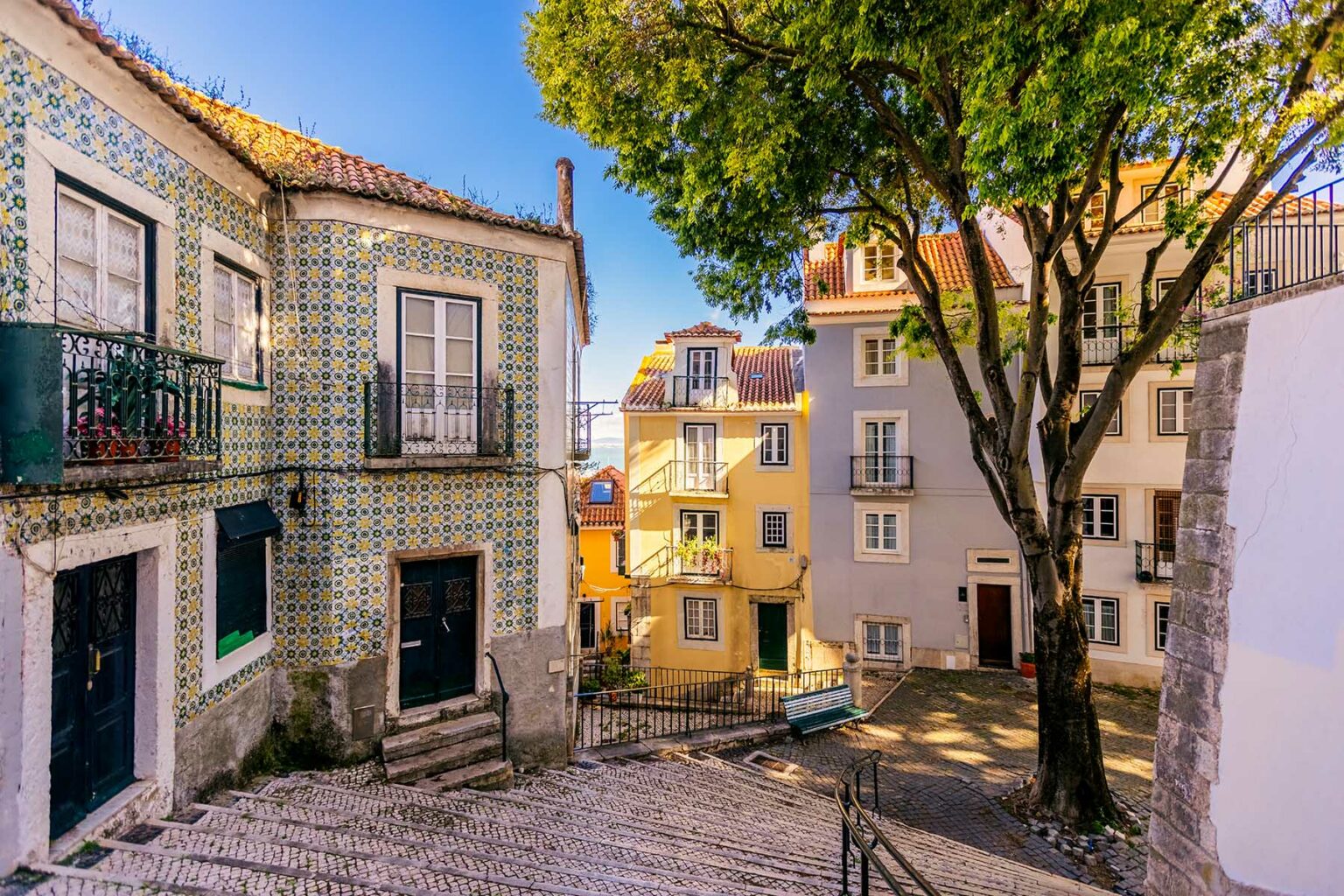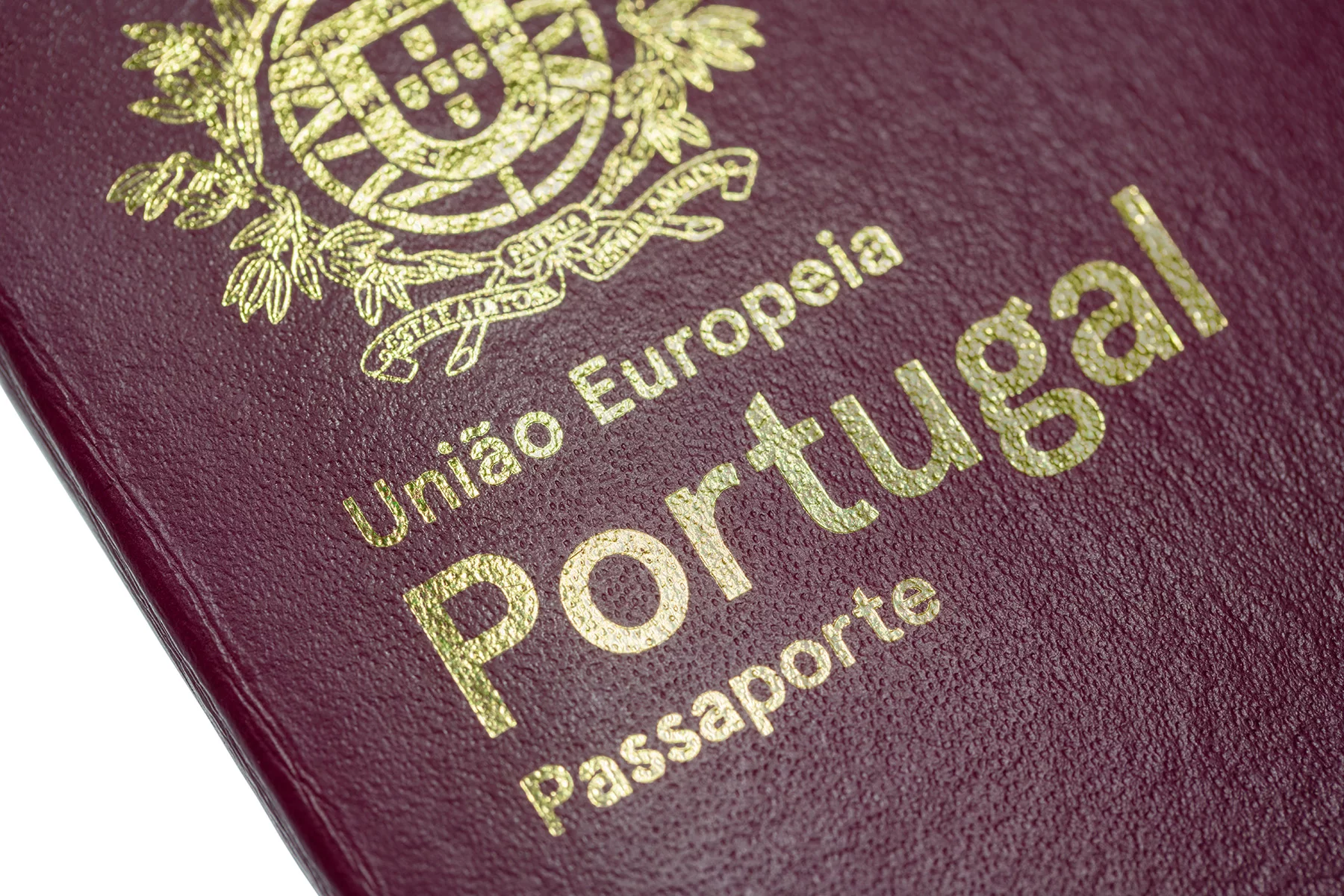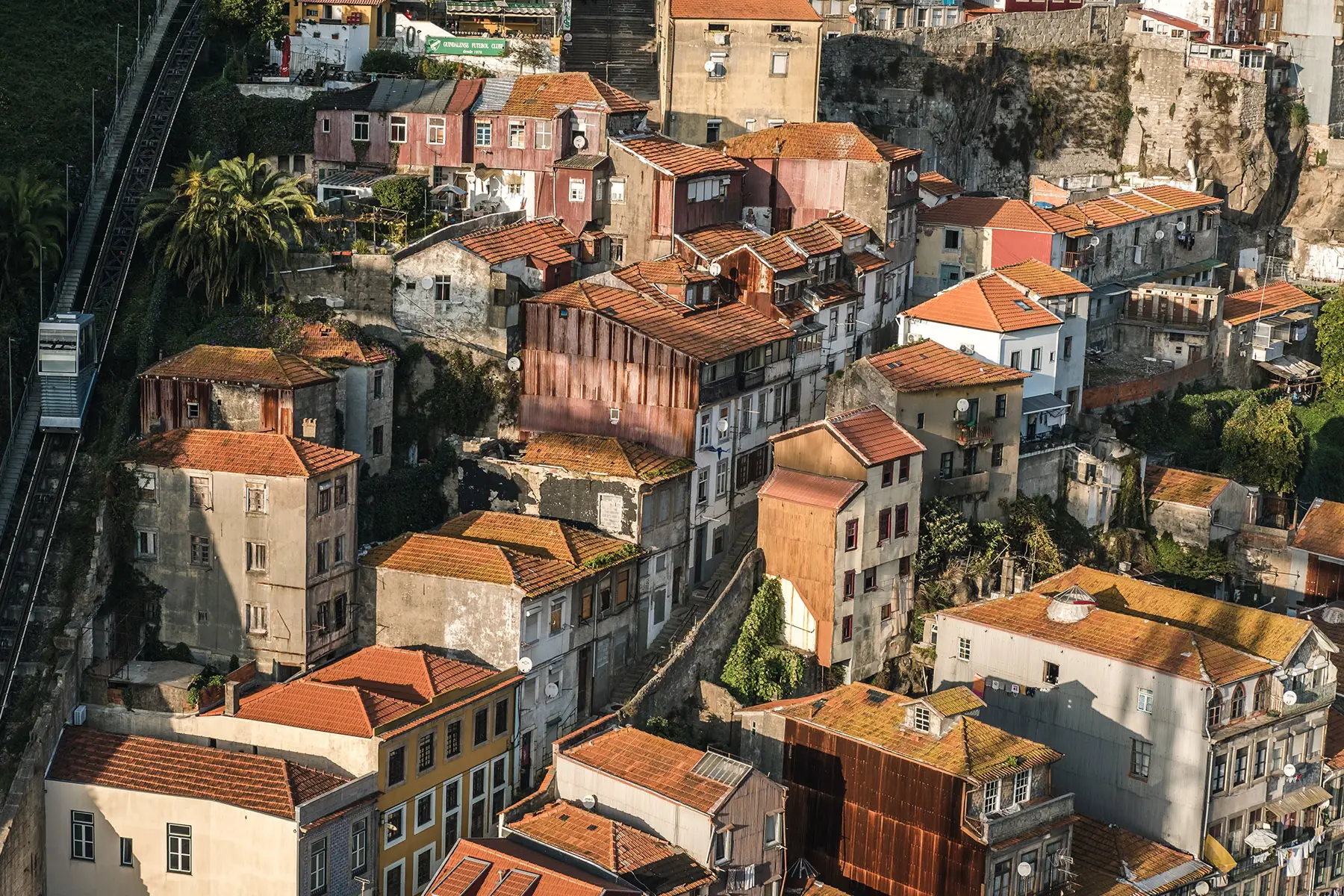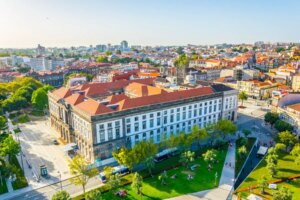If you’ve built a life in Portugal for an extended period of time, getting permanent residence (residência permanente) is a great way to firm up your rights – that is, if you’re not going for Portuguese citizenship (cidadania).
Discover more about the requirements and application process by reading the following sections:
- Permanent residence in Portugal
- Difference citizenship vs permanent residence
- Requirements for Portuguese permanent residence
- How to apply for permanent residence in Portugal
- Validity and renewing your status in Portugal
- Permanent residence in Portugal for family members
- Can you lose your permanent residency in Portugal?
- What to do if your application is rejected?
- Useful resources
lingoking
Do you need help translating documents? Make sure all your legal proceedings go smoothly by using lingoking for all your translation needs. Whichever papers need translating, lingoking’s network of professionals can help. Order online 24/7 and take some of the stress out of your legal procedure.
Permanent residence in Portugal
The Portuguese foreign-born population has grown steadily in recent years. According to Statistics Portugal (Instituto Nacional de Estatística – INE), the country was home to just over 781,000 international residents, accounting for almost 12% of the total population (2022). This was an 11.8% increase compared to the previous year.

Most expats (42.4%) hail from Portuguese-speaking countries like Brazil, Cape Verde, Angola, and Guinea-Bissau. Other countries of origin include:
- Great Britain (5.8%)
- India (4.5%)
- Italy (4.4%)
- France (3.5%)
- Ukraine (3.3%)
While INE doesn’t give exact details on the number of permanent residents, the report does state just over 46,230 internationals acquired Portuguese citizenship. Roughly 20,850 of those were attributed to residents in Portugal and 25,385 to foreigners abroad.
The Agency for Integration, Migrations, and Asylum (Agência para a Integração, Migrações e Asilo – AIMA) oversees immigration in Portugal, including (permanent) residence permits.
Difference citizenship vs permanent residence
Both citizenship and permanent residency (residência permanente) in Portugal afford you many of the same rights. For example, you can:
- Live in Portugal indefinitely
- Find a job, pursue a degree, or start your own business in Portugal
- Access public services and social security, including the pension system
- Buy property and take out a mortgage in Portugal
There are also similarities in terms of requirements. Both require five years of continuous residence as standard. Likewise, you must have no recent serious criminal convictions.
However, there are also some notable differences. For instance, citizenship is more difficult to obtain and involves slightly tougher requirements. It’s also a lengthier and more costly process, sometimes taking two or three years.
Other differences include:
- Citizenship entitles you to a Portuguese passport, allowing you to travel the world as an EU national
- Portuguese citizens can vote in elections; permanent residents cannot
- Citizenship is forever (unless you denounce it); permanent residents will lose their residency status after leaving Portugal for two consecutive years
Requirements for Portuguese permanent residence
The most important requirement for permanent residency is that you must be over 18 and have lived in Portugal for five consecutive years. During those five years, you should not have left the country for more than six months in a year or 12 consecutive months at any point.

Other general requirements for permanent residence are:
- Knowledge of the Portuguese language to at least A2 level by taking the CIPLE (Certificado Inicial de Português Língua Estrangeira) exam
- Sufficient financial resources to support yourself in Portugal, along with up-to-date tax and social security payments
- No serious criminal convictions on your record that have led to a prison sentence(s) not exceeding (an accumulative) one-year
- No criminal convictions on your record for terrorism, violent crimes, or organized crime
Children under 10 and individuals who have learning difficulties or special needs may take an adapted version of the language test.
Expats from outside the European Union (EU) or EFTA region (European Free Trade Association – Iceland, Liechtenstein, Norway, and Switzerland) can also obtain permanent residence in Portugal under the Golden Visa program.
This immigration scheme involves a minimum investment of €250,000 in the Portuguese economy. While you still need to meet the five-year residency requirement, you’ll only need to live in Portugal for seven days each year to qualify.
How to apply for permanent residence in Portugal
Permanent residence applications must be made in person and by appointment at an AIMA Store (Lojas AIMA). You’ll need to provide the following documentation:
- Completed application form (in Portuguese)
- Passport or valid travel ID
- Two recent passport photos
- Proof of financial means and up-to-date payment of taxes and social security
- Details of you holding a temporary residence permit for at least five years
- Official statement (under oath) proving your residence address and providing details of the housing terms (e.g., a land registration certificate or letter from your landlord or property owner)
- CIPLE certificate proving language-skills of at least A2 level
Applications must be made in Portuguese and can take several weeks to process. After your case has been assessed, you’ll receive your residence permit through the post (if successful).

Cost of permanent residency in Portugal
The standard fee for submitting a permanent residence application is around €122. If your application is successful, you’ll be charged an extra €322.27 for the permit itself. However, if you go the Golden Visa route, you must pay an additional €10,822.14.
You can find a complete list of fees (in Portuguese) on the AIMA website.
Validity and renewing your status in Portugal
Under normal circumstances, Portuguese permanent residency has unlimited validity (i.e., it does not expire). However, you must renew your permit every five years or when your personal status changes – for example, if you get married or move elsewhere. You can do this in person and by appointment at an AIMA Store.
The costs for renewing or changing details on standard permanent residence permits are €121.95 for the application, plus an additional €56.62 for getting it approved. Renewing the permanent residence permit for a Golden Visa holder costs €121.95 for the application, plus an extra €5,412 to get it approved.
Permanent residence in Portugal for family members
Any expat with legal residence can invite selected family members to come live with them in Portugal, including:
- A spouse or registered partner
- Dependent (step)children under 18
- Dependent (grand)parents or grandchildren
- Dependent siblings under 18
Relatives from the EU/EFTA do not need a visa and can move to the country without a fuss. Family members from outside those regions can apply for a Portuguese family and spouse visa. If approved, your relative will receive a temporary residence permit and can apply for a permanent residence permit after the five-year residency requirement has passed.
Can you lose your permanent residency in Portugal?
Once you’ve become a permanent resident in Portugal, it is difficult to lose that status. However, it is not impossible. For example, your rights to permanent residency will be revoked if you leave the country for more than two consecutive years.

Other instances where you can lose your permanent residence status:
- When you are convicted of a crime(s) that result in a prison sentence that exceeds one year
- When you commit fraud during your permanent residence application
If your permanent residency is revoked, you can reapply as soon as you become eligible. In other words, you’ll have to wait for another five years to make another application.
What to do if your application is rejected?
If your application for permanent residence is rejected, you can file an appeal with the AIMA Store within 15 days of getting the decision.
If you are unhappy with the outcome of this complaint, you can take it to the district court (tribunais de comarca) in Portugal. You must do so within three months of receiving the rejection.
Useful resources
- Agency for Integration, Migrations, and Asylum (AIMA) – government agency responsible for all visa and residence permit applications in Portugal
- ePortugal – government portal with information on a range of topics, including Portuguese residence and citizenship






